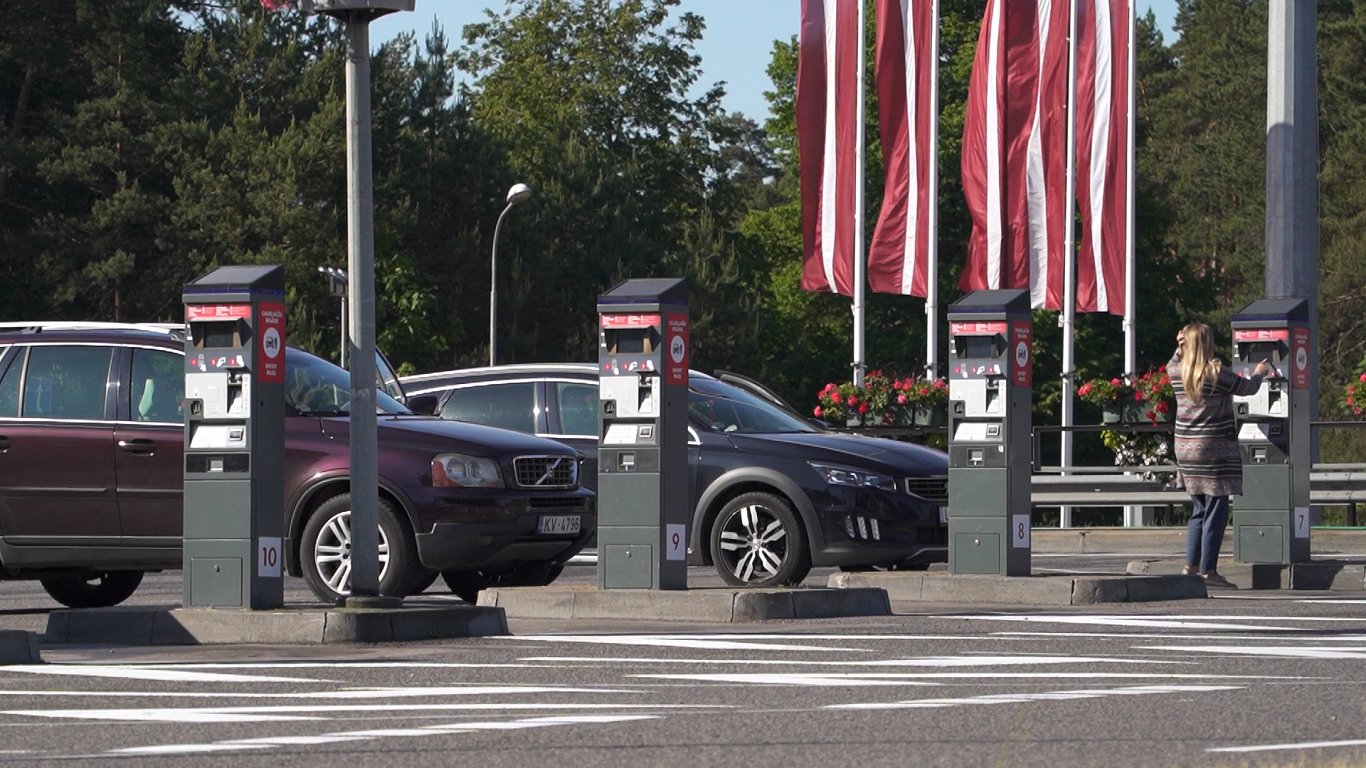A signature collection drive on the 'ManaBalss' website last year called for GPS tracking to be installed in publicly-paid for vehicles. It attracted more than 10,000 signatures and was forwared to the appropriate Saeima committee.
The petition stemmed from several cases – and a lot more more anecdotal evidence – in which public officials at state or municipal level were suspected of using publicly paid-for vehicles for their own non-official purposes.
To solve this perceived problem, the initiative "Equipping state and local government road transport with GSM GPS tracking devices" was created, supported by the public and submitted to the Saeima last year.
However the Saeima's Mandates, Ethics and Submissions Commission, which monitors the status of collective submissions, published a notice that the responsible commission – the Budget and Finance (Tax) Commission – does not currently plan to look into this issue.
"Opposing such uncertainty in relation to the legal claim of 10,211 citizens of Latvia, the organization ManaBalss and the author of the initiative have sent an invitation to the Budget Commission to reconsider this collective submission," says a fresh release from ManaBalss.
Delna, the Latvian branch of Transparency International, is among those backing the initiative and is convinced of the usefulness of GPS-enabled traceability to promote openness, public participation and reduce corruption in Latvia.
The call for GPS-enabled traceability for state and local government transport – is still formally on the legislative agenda and comes at a time when anti-graft force KNAB has imposed a fine of 125 euros on the chairman of the municipality of Madona region, Agris Lungevičas, in a case of an administrative violation for the illegal use of an official car.
The head of the municipality used a car owned by the municipality to get from his place of work to place of residence and back. Thus, the head of the municipality acted in a conflict of interest situation, giving himself permission to drive home and back to work in his official car.
Also, KNAB perviously imposed a 90-euro penalty on Guntis Ķeveris, the head of the administration of the city of Madona, Madona county, because he similarly used a car owned by the municipality to get from his workplace to his residence and back.
In the opinion of the authors of the initiative, such cases could be prevented or significantly reduced if cars were equipped with tracking devices.
























